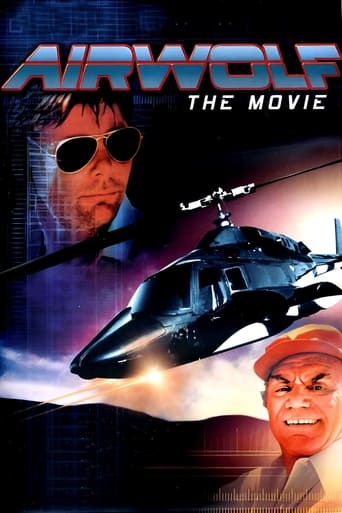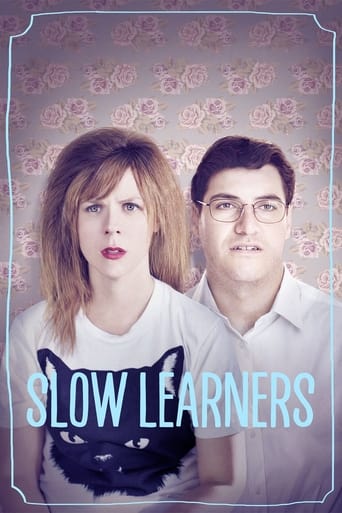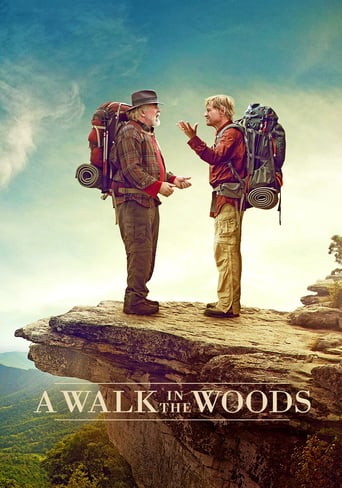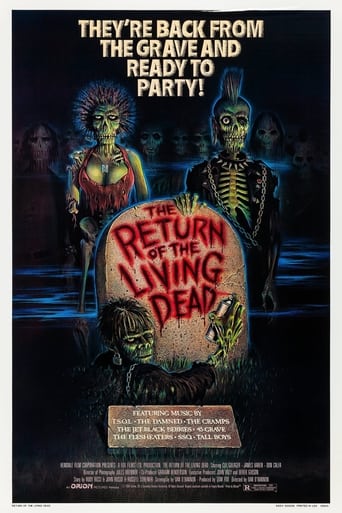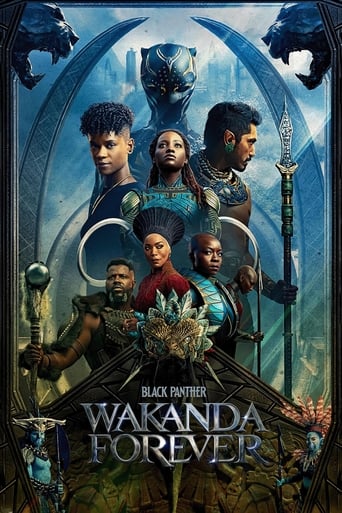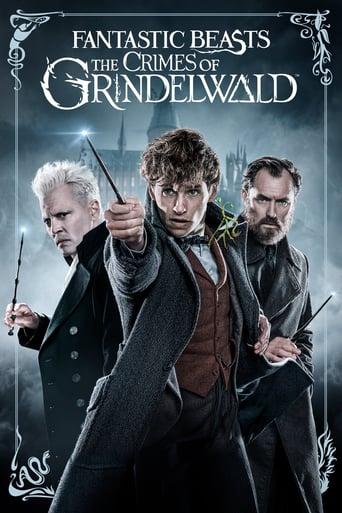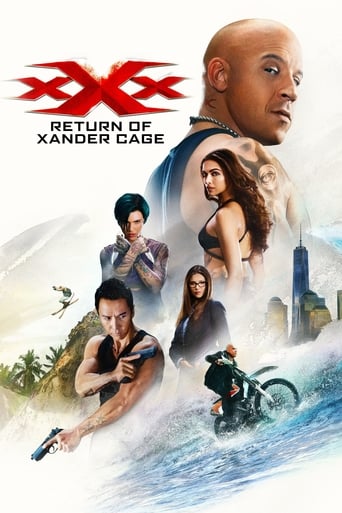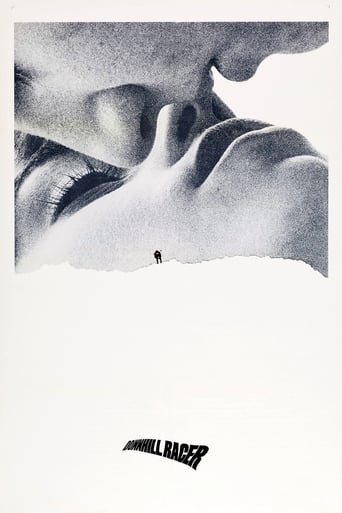


Downhill Racer
An ambitious young skier, determined to break all existing records, is contemptuous of the teamwork advocated by the US coach when they go to Europe for the Olympics.
-
- Cast:
- Robert Redford , Gene Hackman , Camilla Sparv , Karl Michael Vogler , Jim McMullan , Kathleen Crowley , Dabney Coleman


Similar titles
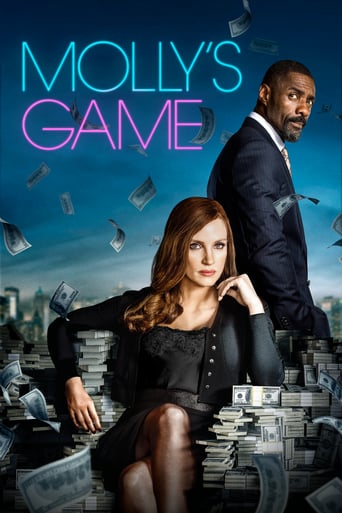
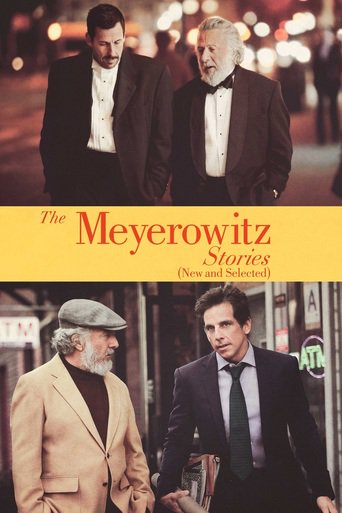
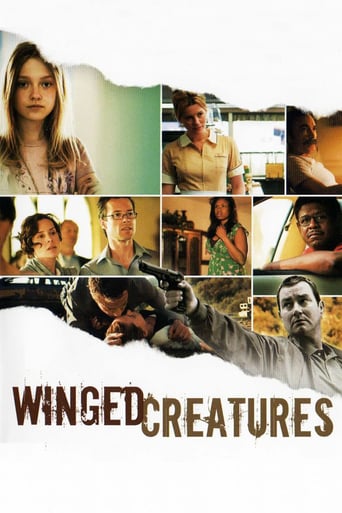
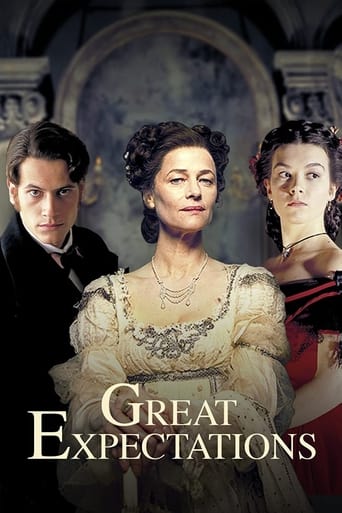
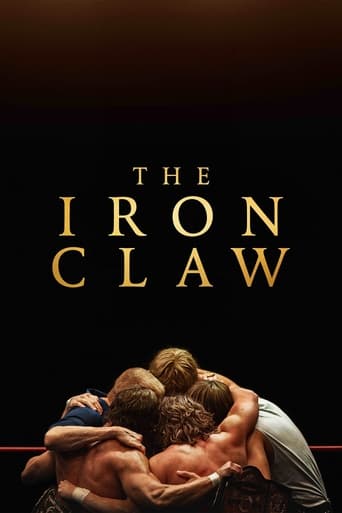

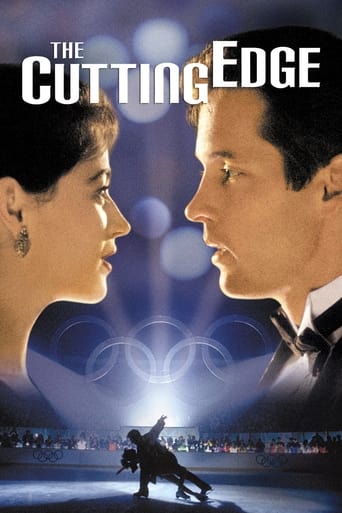
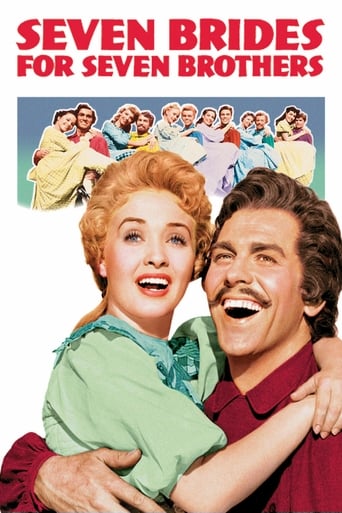
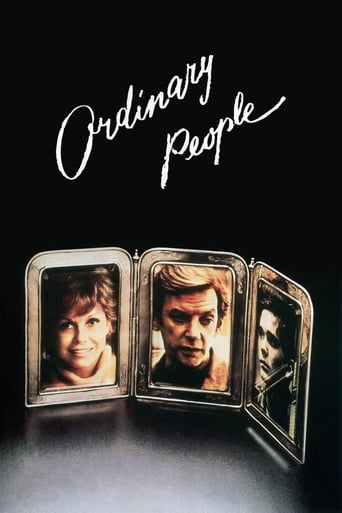
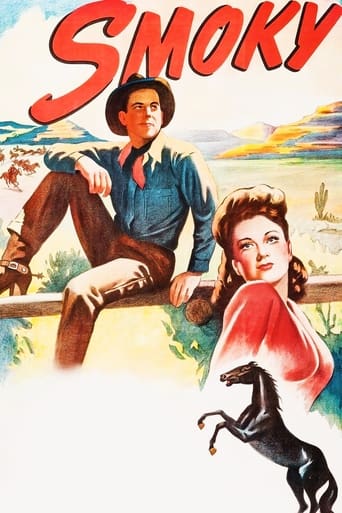
Reviews
Too much of everything
Pretty Good
For all the hype it got I was expecting a lot more!
Excellent, Without a doubt!!
This buried New Hollywood pearl literally follows and watches a single-minded outsider from Colorado who, having netted a position on the American ski team upon the lay-up of another athlete, fanatically chases the objective of winning, with a full-blown indifference to etiquette and professional fine points. David Chappellet is a cad, a handsome rough-country bumpkin who veils his social anxiety and lack of knowledge with a bold mystique. In reality, he'd simply be an ignorant rube, but here he enters the abundant class of antiheroes who rallied round to characterize American movies of their vital, unforgettable period. Even then, Chappellet gave the impression of being an aloof, intractable character, and his tough, emotionally unapproachable nature maybe contributed to the film's market letdown. Regardless, his dogged insubordination was the yardstick tackle at the time: Consider Beatty in Bonnie and Clyde, Hoffman in The Graduate, Fonda in Easy Rider, Nicholson in Five Easy Pieces and One Flew Over Cuckoo's Nest, Gould and Sutherland in M*A*S*H. So while Chappellet's posture was wholly egocentric instead of rational, his impulse to beat the system and go his own way did not then feel as radical as it does today after the Reagan and post-Reagan eras of manufactured sports victories and champion cops who treat mass destruction like a football game.One of the film's trademark properties is hand-held footage from the viewpoint of the racers, which had never been done in a feature film before and was no Sunday stroll when the skier was doing over fifty miles per hour and the 35mm Arriflex camera weighed forty pounds. Whether or not one wants to speak in terms of its time, the film was and still is outstanding in its aura of the velocity, reverberation and pressure of competitive skiing. The chomp of the snow, the bone-freezing and muscle-constricting time lags on gusty mountaintops for a skier's rotation to come, the unstoppable tick of the timer, the archaic appearance of the skis and soft boots are all minutiae encapsulated with terse, nimble, confident strokes. Olympic connoisseurs were undivided in commending the film's correctness and candor, a scarce phenomenon in the far-fetched universe of Hollywood sports movies.Going for an induced documentary tactic considerably shaped how the film would come across, as did the selection of hard-core verite cinematographer Brian Probyn. Together, Probyn and director Michael Ritchie have here a more or less internal documentary about Redford's body, capturing it from angles that highlight his geometry in conjunction with his attractiveness. Multiple times, Redford stops to look in a mirror and observe himself with unopinionated, unaffected frankness.Their gritty, biting drama is stark, distilled to its densest connective tissue, as keen as arid residue. Several of the film's evocations of character and emotion go unspoken, staying within unless discriminatingly stimulated. Chappellet is a man of few words who won't budge by the narrowest margin, and it's consistent that the film frequently cuts away right when it appears he may be strained to say something, to be slightly more human than normally seems. All that he hides is suggested throughout his stopover back home in a Rockies town. His father, a friendless stick-in-the-mud, is a man of even fewer words than his son, and the curt, indignant, and self-centered outlook he squeezes out toward David's fortuity betrays all we require to go on about David's egocentric relentlessness.The undercurrent of the climax is whether or not Chappellet will allow being given the high hat by a stylish yet emotionally unavailable Swiss beauty throw him off on the slopes, and Ritchie's deliberate, atmospheric debut eschews all the frills that would classify American sports movies by the time Rocky emerged seven years afterward. It's gristly, cynical, painstaking, minimalist and declines to fabricate unwarranted enthusiasm. The film is courageous in securing itself to a character as minimally sympathetic as Chappellet, and Redford never loses sight of the role to comfort us that he, the actor, may be less conceited and selfish than the guy in the script. Chappellet is an unmitigated self-aggrandizer, and while Redford would play such parts again, he never did so quite this uniquely, with such craving invigorated by formative years. The ideas of Downhill Racer are lucid, having to do with the temperament of rivalry and the sacrifice of triumph. The brilliant closing line of Ritchie's important second film with Redford, The Candidate, "What happens next?" said by Redford upon being elected, is understood in the ending of Downhill Racer.
After reading the several pages of comments, I wonder if some of the other reviewers really 'saw' this film. I grew up loving the sport of skiing and when the movie came out, I was almost obsessed with skiing. Unfortunately, I'm from the flatlands and so had to content myself for most of the year with vicarious experiences like Warren Miller films and marginal movies like Killy's 'Snow Job' and 'Hot Dog The Movie' ('Better Off Dead' was a much better film from a skiing standpoint). Miller's films were fine, but those other two movies were trash. Of course, none of them, not even this one, could compete with 'Ski the Outer Limits' and 'The Moebius Flip', but those were in another league altogether.So, we have Downhill Racer . the biography of Bill Johnson. OK, not really, because Johnson could give great interviews. But the brash American who believed only in himself, well, I guess Bode would now also fit. The humor in the movie was that when it was made, the European skiing community scoffed. Not that it was a good or bad movie, but they could not accept a plot where an American!!! could win the Olympic Downhill Gold. Remember this was before 1984 and Bill Johnson.Being an avid skier (even club racing) and reading everything I could find (several mags and two newsletters, besides many books), I had an awareness of some of the lesser known stories. And there was certainly some leeway taken in how the movie was presented. For example, at that time, World Cup skiing was pretty much amateur for the Americans and fully professional for the Europeans, although totally under the table (Avery Brundage the last Olympic commissioner to have an absurd fantasy belief in amateurism - couldn't control the Europeans but he ruled with an iron fist over the Americans).Often, quite competitive American skiers were left at home because the National team budget didn't have enough money. Or how Karl Schranz (sort of who the character, Max Meier, was based on) was robbed of the Downhill medal in 1964 by Jean Claude Killy (or rather by the judges at the French resort where it was held). And that the American ski team was more than just male downhillers (oh, yes, with women barely mentioned in the movie during that interview with the rather naïve American reporter), when in reality it included slalom and giant slalom racers, some of whom raced in the 3 disciplines available then (the Cochrans, the Palmers, the Mahres are easy examples).The irony of the final scene in the movie, is that here, after all that David Chappellet put into winning the Olympic gold, by the time he did, he is no longer the young brash new skier on the block. The kid that almost beat him, was in reality a younger, brasher, newer version, that, looking at both as the one skis off the course and the other again accepts the accolades that had almost dried up, makes us think that at the height of his fame and glory, poor David Chappellet is now washed up, a has been, for the skiing community is about to move on to its next wunderkid.One or more of the other reviewers here erroneously wrote that the competition was a Super G. Well, since the Olympics allowed all comers (sort of, remember the Jamaican Bobsled team and Eddie the amateur ski jumper), they regularly 'dumbed' down the Olympic downhill courses so they became what we think of as today's Super-G. The Europeans knew that the real yearly races like the Hahnenkamm or Lauberhorn were the true tests of downhill racing. Also, the yearly winners of the World Cup as well as the World Alpine Championships were held in much higher regard by the racers and cognoscenti than Olympic winners, unless it was one of the chosen Europeans who won the Gold, of course.Redford, in an interview, said he especially liked the scenes that his character had with his father back home (in Idaho Springs, Ida no, Colorado) during the off season. I found those dreary at best. It reminded me of that scene in 'Love Story' where the hero, who was ONLY captain of the Harvard Ice Hockey Team was sneered at by his father who had been an OLYMPIC competitor. Of course, I did get a little hungry for some Ritz crackers while watching Redford. I'm not sure how you can live in the mountains, that kind of setting, and not know anything about competitive skiing, or at least the Olympics. By the 60's thanks to Jim McKay and Wide World of Sports, most people had heard of Killy and were now commonly confusing Billy Kidd with Jean-Claude. Such is the price of fame.For a ski movie, the race scenes were riveting, the acting of people like Gene Hackman and Dabney Coleman was quite adequate, the beauty of Camilla Sparv was eye pleasing. It was a decent movie, but still confined to a certain time. Better to watch the movie as a part of a series in the career of Redford Downhill Racer, Little Fauss and Big Halsey, ending with The Candidate, where he began to play larger characters. He was still the loner, but in a bigger and often more important setting. At least here he had broken out of his 'silly' movies 'Inside Daisy Clover', 'The Chase', 'This Property is Condemned' and the like, even 'Barefoot in the Park' in some ways, his first starring movie. Of course, it was 'Butch Cassidy and the Sundance Kid' that completely changed the way we looked at Redford, both past and present.
early Redford vehicle that parallels another success oriented film of his,The Candidate(also directed by Michael Ritchie).the story focuses on Dave Chappelet and his obsession with becoming a skiing champion.no one expects much from him at first,but through hard work and talent he quickly becomes a success.but away from the slopes he is not as successful-he is generally rude,crude,and selfish.director Ritchie harbors this theme in another sports film The Bad News Bears-that "success" has a price and one has to decide if the price is worth the cost.Redford and Gene Hackman give good performances and the skiing photography is first rate,but otherwise there isn't much to keep the viewer's attention.there is a side plot that includes a steamy romance between Chappelet and a ski rep's niece,but this could have been easily left out.look for an early appearance by Dabney Coleman(sans mustache).probably for fans of Redford or skiing only.BTW-my brother once lived in the movie's setting of Idaho Springs Co.
For anybody who follows international sports, the characters and organizations in this movie ring true. Whether you follow skating, gymnastics, skiing, or any other essentially solo international sports, you have seen the loners, the chosen stars, the politics, fund raising, and everything else that goes on behind and in front of the scenes.This movie captures those people and circumstances exceptionally well. As has been noted in the coverage of the Olympics, the parallels to the 2006 US downhill team are stunning. The fact that this movie was made in 1969, with the film style of the day, makes it quite dated. But it is exactly the dated fashions, music, cinematography, skiing equipment, and attitudes that make it a keeper.Downhill Racer remains the seminal skiing movie (unless one prefers the slob humor of Hot Dog: The Movie), but it's also about bigger themes. Redford is the quintessential American loner, out for his own goals and not interested in serving the needs of his sport, his team, or the international press. It's a character we've seen a thousand times in real life, and it's one who gets deified or demonized depending on his success in the field of sport.So, view this very dated movie in today's context. You'll be surprised how relevant it is.

